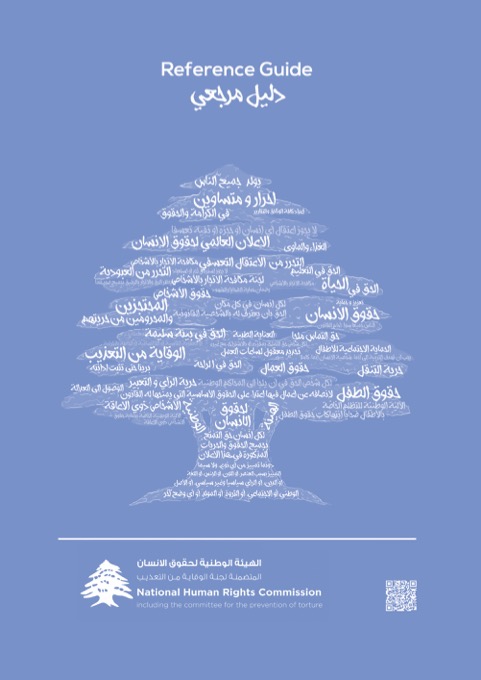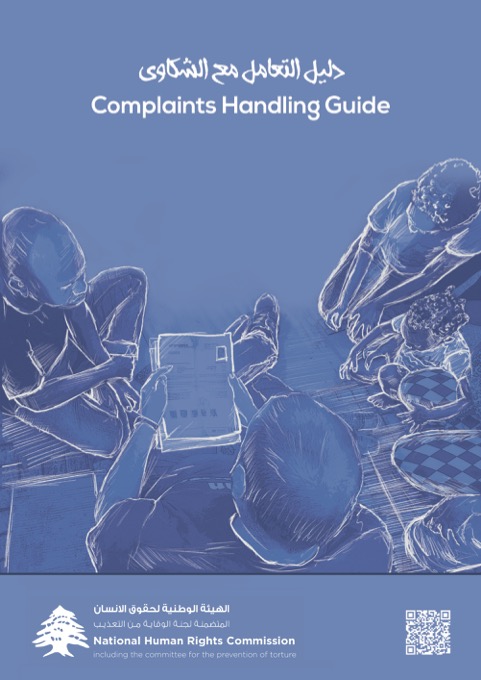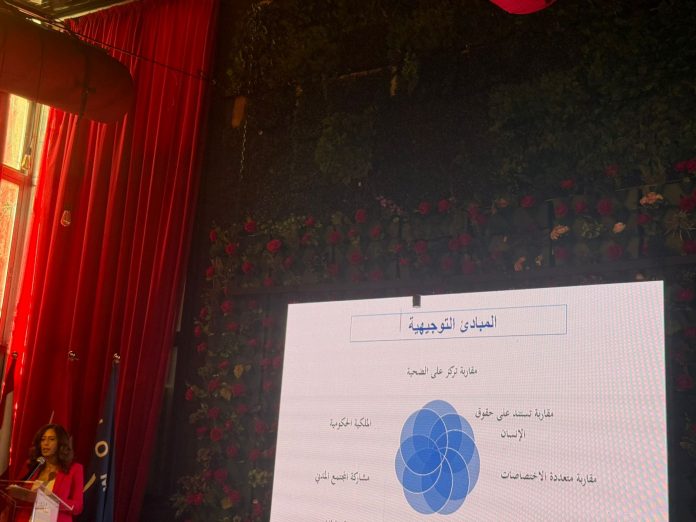The Ministry of Social Affairs, in collaboration with the Ministries of Justice, Interior and Municipalities, and Labor, officially launched the Standard Operating Procedures (SOPs) for the Identification, Assistance, and Protection of Victims of Trafficking in Lebanon during a ceremony held at the Small Ville Hotel in Badaro, Beirut.
The event brought together senior government officials, international partners, and civil society actors committed to strengthening Lebanon’s national response to human trafficking.
The opening session featured welcome remarks from:
-
H.E. Haneen Sayed, Minister of Social Affairs
-
H.E. Adel Nassar, Minister of Justice
-
H.E. Ahmad Hajjar, Minister of Interior and Municipalities
-
H.E. Dr. Mohamad Haidar, Minister of Labor
-
H.E. Ambassador Frank Mollen, Ambassador of the Kingdom of the Netherlands to Lebanon
-
Mr. Mathieu Luciano, Head of Office of the International Organization for Migration (IOM) in Lebanon
Following the opening, Mrs. Abeer Abdel Samad, Director of Social Services at the Ministry of Social Affairs, presented the newly adopted Standard Operating Procedures, outlining the framework for coordinated identification, referral, and protection of trafficking victims in line with international standards and Lebanon’s national legislation.
The presentation was followed by an intervention by General Elie Al Asmar, Head of the Social Services Administration and Member of the Council of Command at the Internal Security Forces, who highlighted strategic actions for the implementation of the SOPs and the role of law enforcement in victim-centered protection mechanisms.
This milestone marks a major step forward in Lebanon’s efforts to combat human trafficking through a unified and institutionalized approach that ensures respect for human rights, cross-sector coordination, and accountability.
The SOPs were developed within the framework of the COMPASS program, supported by the Ministry of Foreign Affairs of the Kingdom of the Netherlands, and implemented with technical assistance from the International Organization for Migration (IOM).
هذه المقالة متاحة أيضًا بـ: العربية (Arabic) Français (French)



